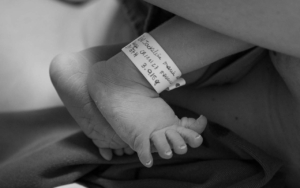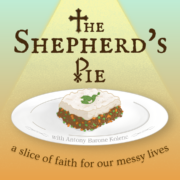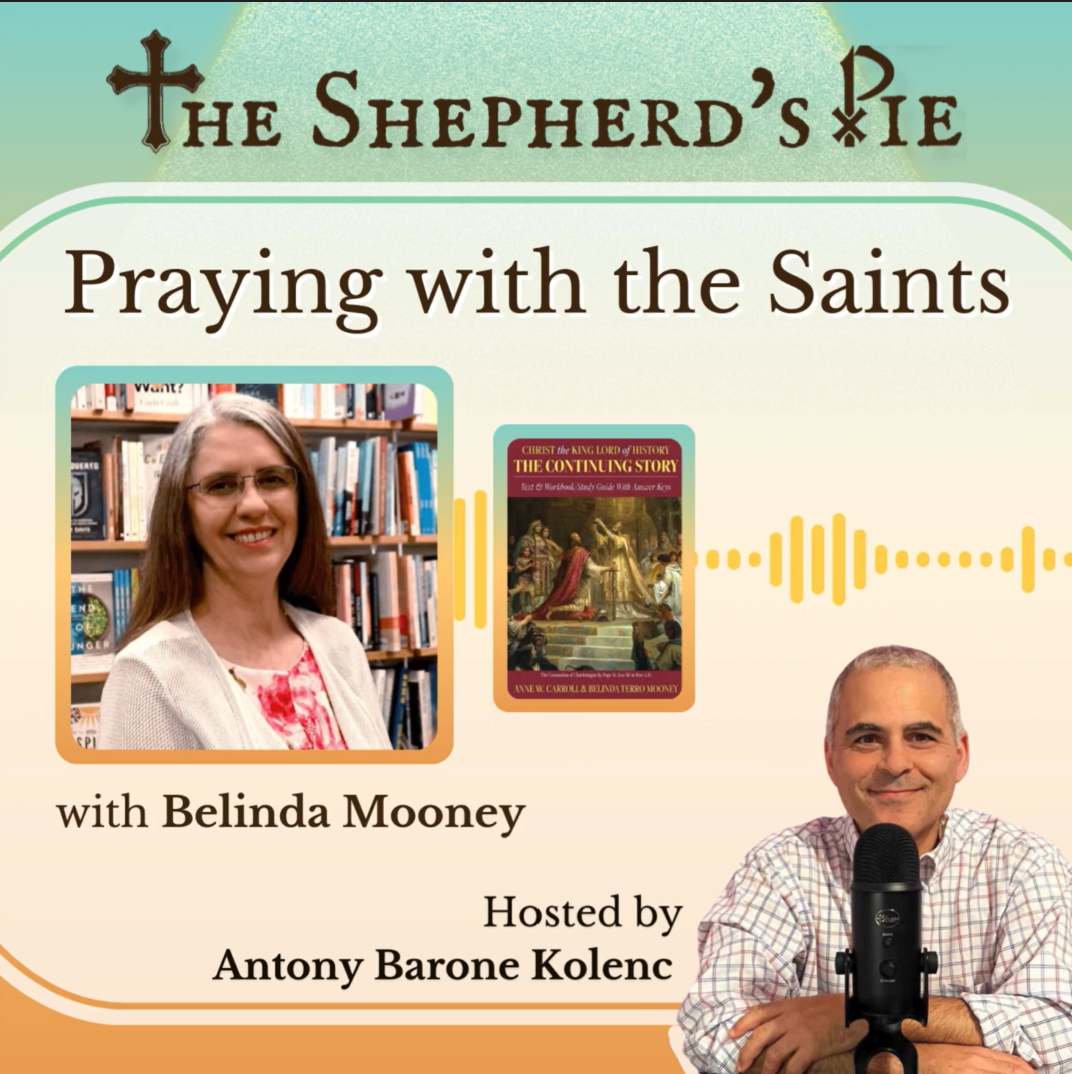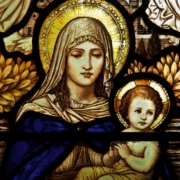What’s Your Name?
“What’s your name?” is probably the easiest question we can answer. The name we are known by. It’s the name our parents gave us, and maybe they put effort into choosing the right one to set us on our life path. In the past, babies were often named after an elder or someone in the Bible. That name was given to them upon their Baptism: their Christian name. Catholics, at Confirmation, take the name of a saint they want to emulate. In modern times, the Sacrament of Baptism, too often, is not a priority or consideration for parents and they choose names that are meant to be historical, inspiring, courageous, regal, or just “different.”
We all have another designation, one far more important and beautiful than any label loving parents can bestow upon us: the name God has given us. ike many of the things He creates, it’s a mystery that we will know one day, but not in this earthly life.
Appellations are important to God. He tells us many times. We see in the first chapter in Genesis how much he loves to title each one of his masterpieces: “God called the light ‘day’ and the darkness he called ‘night’” (Gen. 1:5). And: “God called the dome ‘sky.’” (Gen. 1:8). “God called the dry land ‘earth’ and the basin of water ‘sea’” (Gen. 1:10). The chapter goes on, right down to “… creatures that crawl the earth” and “green plants for food” (Gen. 1:30). A creator who knows us so well, he’s counted the hairs on our head and desires the deepest and most intimate relationship with each of us (cf. Mt. 10:30). Surely, he’s dubbed us individually with names that reflect that longing. In fact, in Isaiah 43:1, the Lord has said, “I have called you by name, and you are mine.”
Our name “… expresses a person’s essence and identity and the meaning of this person’s life,” explains The Catechism of the Catholic Church in article 203. We have well-known examples of God changing names, or giving a variant, to reflect of new mission. Abram became Abraham when God made him the “father of a multitude of nations” (Gen. 17:5). What other names from the Bible might reveal God’s charges for his flock? The apostle Barnabas has, according to Acts 4:36, a name that means “Son of Encouragement” and he was a supporter of Paul (who was still going by Saul at the time) before a skeptical troupe of apostles (cf. 9:27). Michael means “Who is like God?” Nathanael means “God has given.” Joshua to Jesus means Yahweh is salvation (Behind the Name).
Deacon Harold Burke-Sivers of the Diocese of Portland, Oregon addresses an important question we need to consider: are we living a life that is at least attempting to be worthy of a name God would give us?
“Is it ‘parked in front of the television?’ Is it ‘never pray with my spouse?’” He posed the issue in a humorous, yet serious way in his April 20, 2023 reflection on the USCCB website. He links the question of identity with cultural demands to rename and re-identify ourselves, warning of the threat to our eternal salvation by complying with modern social fads rather than God.
What do we want to be? We strive to be diligent employees to achieve raises and promotions; good parents to raise independent children; honest business owners to keep and attract customers. But who do we try to be for God? What does God call us to be? Would our Godly name reflect our greatest strength or perhaps reveal our greatest struggle? It is somewhat ironic that God chose Simon, a man who expertly made a living on an unpredictable, fluid surface, to become Peter―Rock―a sturdy and stalwart foundation on which to build his church. His original name, Simon, means “hearing, listening.” He must have listened intently when God spoke to him to be the one who recognized that the Jesus was the Messiah when all the others missed it.
“Blessed are you, Simon, son of Jonah. For flesh and blood has not revealed this to you, but my heavenly Father” (Mt 16:17).
In another bit of irony, Paul means “small or humble” (Behind the Name). Eventually, he was humble unto the Lord, but in his convictions, he was anything but small.
“… every one of us has a mysterious name, expressing our own meaning in the designs of God, even unknown to us here below, and to be revealed beyond this life,” wrote Fr. Hugh Barbour, O. PRAEM.
Until the day we learn God’s special endearment for us, we know we all share this one distinction for which we can strive each moment: Child of God.
Copyright 2024 Mary McWilliams
Images: Pixels.com
New American Bible Revised Edition. New Jersey: Catholic Book Publishing Corp. 2010. St. Joseph medium size edition.
Catechism of the Catholic Church. New York: Doubleday. April 1995. First Image Books Edition.
Behind the Name. https://www.behindthename.com/name
Burke-Sivers, Harold. “Daily Reflection.” 20 April, 2023. United States Conference of Catholic Bishops. https://bible.usccb.org/podcasts/video/2023-04-20-reflection-270
Barbour, Hugh. “Names Written in Stone.” Catholic.com. 23 Aug. 2020

 Photo copyright Canva
Photo copyright Canva












